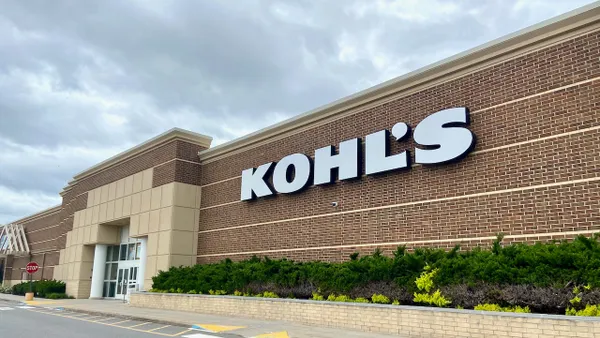Dive Brief:
-
Alibaba, JD.com Inc., and their logistics partners are boosting their operations in rural China. Those two e-commerce companies alone have a combined 80% share of the $440 billion retail e-commerce market in China.
-
But that strength is centered in cities, which are home to the rising middle class, and each company is working to sell in 100,000 country villages by 2020 to continue growth.
-
Investors are concerned about the worrying signs lately that China’s economy is faltering, but e-commerce is rising in rural China as more people there get smartphones.
Dive Insight:
People in rural areas of China haven’t enjoyed the middle class boom that cities in the country have seen. They’re significantly poorer in general: In 2013, per capita annual income for rural households was 8,896 yuan ($1,392) compared to 29,547 yuan in urban areas.
And Internet use, in addition to mobile use, also has to grow for e-commerce to take off. Fewer than one in three in rural areas use the Internet. No wonder Alibaba has worked to get more smartphones into people’s hands in more remote villages.
But as China’s e-commerce matures, there could be opportunities for continued growth farther afield, and if Alibaba and JD.com find success there, that could also bode well for U.S. retailers. American retailers are already finding Alibaba's Tmall Global to be a very helpful marketplace -- according to Alibaba CEO Daniel Zhang, Costco made $6.5 million dollars in sales through Tmall Global its first month on the marketplace.














